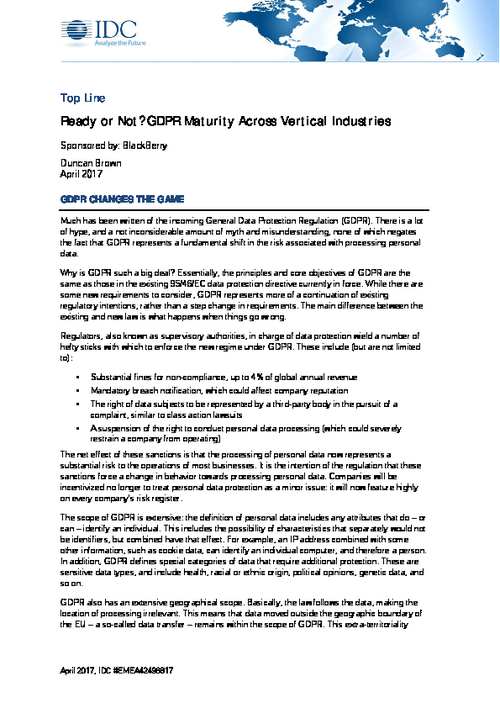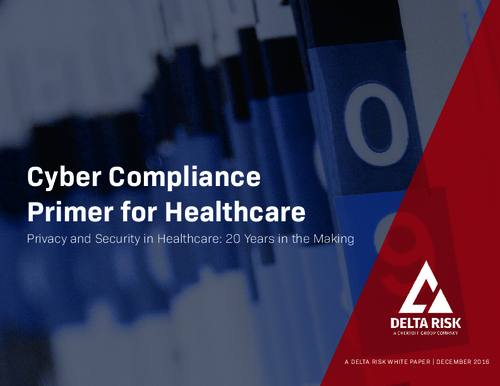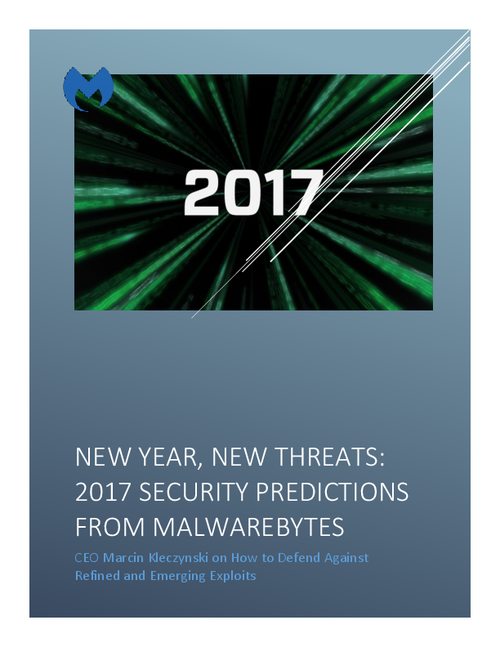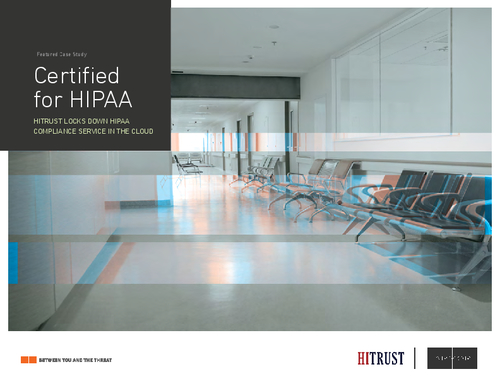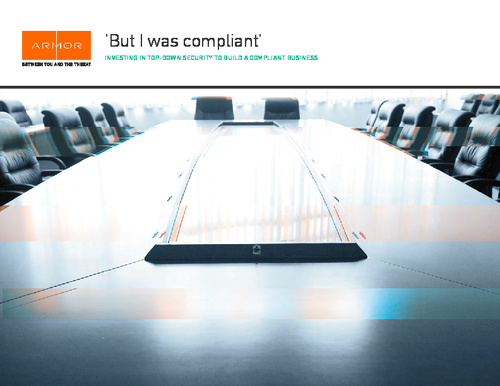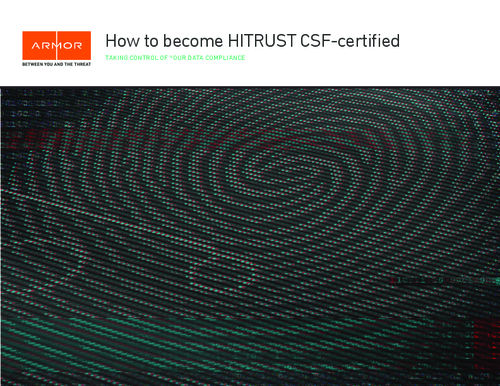Governance & Risk Management , Information Sharing , Standards, Regulations & Compliance
House Panel Passes Cyberthreat Info Sharing Bill
Democratic Attempts to Limit Liability Safeguards Fail
After beating back amendments by Democratic members to limit liability protections for businesses, the House Homeland Security Committee on April 14 unanimously approved cyberthreat information sharing legislation on a voice vote.
See Also: The Shift to Data-Centric Healthcare Security
The bill, sponsored by Committee Chairman Mike McCaul, R-Texas, now goes to the full House, where differences with another cyberthreat information sharing measure approved by the House Intelligence Committee last month will be worked out (see Cybersecurity Bills: Latest Developments). House leaders indicated that the full House could vote on cyberthreat information sharing legislation as early as next week.
In the Senate, a version of its cyberthreat information sharing bill could come up for a vote shortly (see Senate Intel Panel OK's Info-Sharing Bill). Senate Majority Leader Mitch McConnell included the Cybersecurity Information Sharing Act passed last month by the Senate Intelligence Committee as among several bipartisan bills that the Senate is "working hard to advance."
The National Cybersecurity Protection Advancement Act of 2015, approved by the House Homeland Security Committee, provides many of the privacy and civil liberties protections sought by President Obama that were absent in earlier versions of cyberthreat information sharing legislation that passed the House and the White House had threatened to veto in the two previous congresses (see White House Threatens CISPA Veto, Again).
Limits Placed on Shared Data
The House committee approved one amendment that explicitly states that shared cyberthreat information processed through the National Cybersecurity and Communications Integration Center - known as NCCIC, the Department of Homeland Security portal - could not be used for law enforcement or intelligence purposes. Civil liberties groups have raised concerns that some cyberthreat information sharing bills could allow the use of collected cyberthreat data to spy on Americans, violating their privacy and liberties.
The legislation would require private companies to remove personally identifiable information unrelated to the cybersecurity risk before sharing information with the NCCIC or other private entities. It would also require the NCCIC to conduct a second scrub and destroy any personal information that is unrelated to the cybersecurity risk before further sharing with other government agencies or private organizations.
The aim of the cyberthreat information sharing legislation is to encourage businesses and other private organizations to share voluntarily threat data with the government and other businesses to mitigate damaging cyber-attacks. But some businesses are reluctant to share the information unless they are protected from legal actions, which led to the various provisions to offers liability protections.
Liability Provisions Remain Intact
The Democratic minority on the House Homeland Security Committee, along with the Obama administration, contend that the liability protections offered to businesses in the committee's bill were too broad, providing legal protections when not warranted. An amendment offered by Rep. Cedric Richmond, D-La., would have removed liability protection for businesses that received threat data but failed to act on it. "If you abide by the provisions of this act," Richmond said, "then you're exempt from liability. It's just that simple. Instead of adding all these other concepts to the liability language, if we take the time to pass a bill and you abide by it, you have liability exemption. If you don't, then you don't have exemption."
But the bill's cosponsor, Republican Rep. John Ratcliffe of Texas, said the broader liability protections in the bill are aimed to get the greatest number of businesses to participate in cyberthreat information sharing. "Stakeholders are concerned about putting their customers or consumers at risk, and their information at risk; they're concerned about exposing their own sensitive business information by sharing," Ratcliffe said. "And, they're also concerned about possibly violating federal privacy laws. Having strong liability protection is going to be absolutely critical and vital to the success of this bill, and the phraseology in this bill is absolutely critical and essential to that point."
The bill originally provided liability protection for businesses that conducted its network security awareness in "good faith," but the committee voted to excise those words from the measure because, as McCaul noted, the term is too ambiguous and could lead to confusion in enforcing the measure should it become law.
Awaiting Word from White House
The White House has not said whether it would support or veto any of the cyberthreat information sharing bills winding their way through Congress. Statements of Administration Policy, such as the ones containing the earlier veto threats, usually are issued shortly before one of the chambers is set to vote on the legislation.
After the committee vote, the Financial Services Roundtable called for swift floor action on the legislation. "Congressional action to better protect consumers from cyber-attacks is long overdue," said Tim Pawlenty, CEO of the Roundtable, a financial services industry advocacy group. "We applaud the House for addressing gaps in our nation's cybersecurity laws and urge both chambers of Congress to quickly put a bill on the president's desk."


